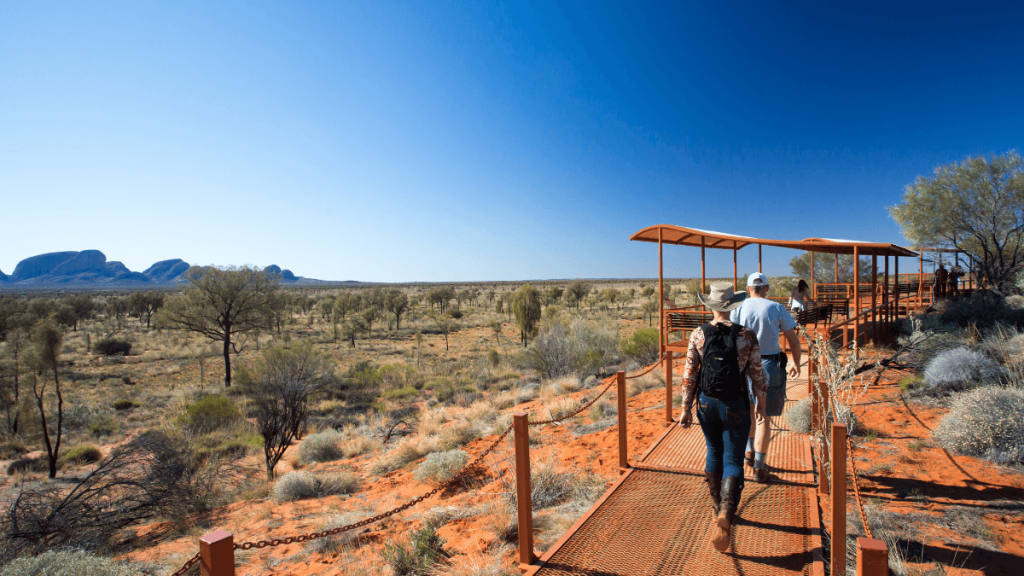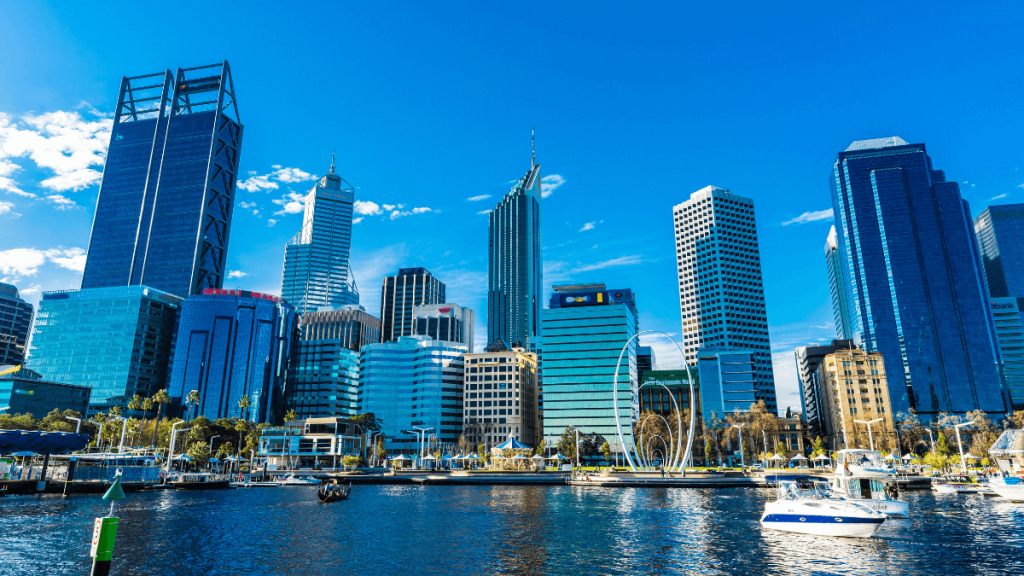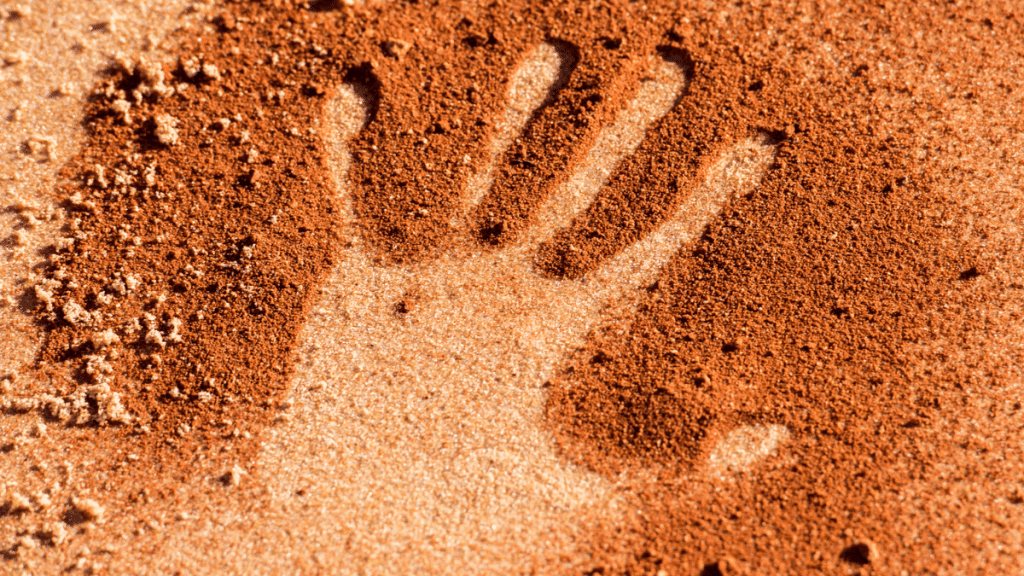Living in Australia: Essential Tips for Newcomers

Australia boasts friendly residents, sun-soaked beaches, cosmopolitan cities, and laid-back living. For many newcomers, though, the thrill of arriving here can also be accompanied by some cultural shock. From learning Aussie terminology to negotiating daily routines, adjusting to a new surroundings takes time. Aiming to ease the change and enable you to confidently embrace the Australian way of life, this article provides a pleasant, useful Living in Australia guide specifically for Newcomers Australia wide.
Understanding the Aussie Way of Life
Living in Australia is known for its laid-back vibe. The importance of maintaining a healthy work-life balance is highly valued in both busy urban centers like Sydney and more tranquil seaside towns. To an Aussie, nothing beats spending time in nature, mingling with friends, and being outside. Although people tend to be laid-back, sociable, and receptive, it doesn’t imply they don’t appreciate promptness or politeness. Fairness, respect, and equality are the bedrock of the Australian mindset. Even in formal situations, you can count on a casual tone and plenty of humor, sprinkled with sarcasm and slang.
Embracing the Outdoor Culture

The breathtaking natural vistas of Australia are an integral part of everyday life. Aussies love to spend their free time at the beach, in national parks, and cooking out on the grill. Outdoor activities play an integral part of Australian culture, whether you’re exploring the Blue Mountains on foot, catching waves at Byron Bay, or simply relaxing in a park.
Participating in outdoor activities is a fantastic opportunity for newcomers all throughout Australia to meet people and settle in. No need to stress if you’re not naturally sporty; a picnic in the park will suffice. Keep in mind that sunscreen is essential. Sun safety is paramount in Australia due to the country’s intense summer heat.
Learning the Local Lingo
Just because you’ve never heard an Aussie say “Let’s chuck a snag on the barbie” before doesn’t mean you should freak out. It may take some time to become accustomed to the abundance of slang and acronyms in the Australian accent. Typically, Australians will add a “-o” or “-ie” to the end of a word to make it shorter. A cousin is called a “rellie,” McDonald’s is referred to as “Macca’s,” and breakfast is shortened to “brekkie.”
One of the most enjoyable aspects of the Living in Australia book is getting the hang of the language. Don’t worry if you don’t understand something; the locals will be more than happy to explain. Conversations with Aussies will swiftly increase your understanding; just remember not to be shy about asking questions or making fun of yourself.
Navigating Australian Cities and Suburbs

Sydney, Melbourne, Brisbane, Perth, and Adelaide are five of Australia’s most populous cities, and each one is dynamic, varied, with opportunity abounding. While different states have different systems, public transportation is usually dependable. From the artsy lanes of Fitzroy in Melbourne to the beachy tranquility of New Farm in Brisbane, you may discover a diverse array of cuisine, culture, and neighborhood vibes in urban areas.
The process of deciding where to reside could be daunting for newcomers. Outer suburbs typically provide greater value and robust communities than central districts, where rent can be expensive. Find a suburb with convenient public transportation options if you don’t drive.
Making Friends and Building a Social Life
Making friends is one of the most challenging aspects of moving to a new nation. Although Aussies are known to be friendly and outgoing, it may take some time to break into their existing social networks. Take baby steps. Say yes to after-work beers and barbecues, participate in community events, or become a member of a club or interest organization.
Another wonderful method to meet locals and do some good in the world is to volunteer. Participating in community service, whether it’s sorting food or cleaning up the environment, is a great way to meet like-minded individuals. From reading clubs to surfing gangs, Australians frequently meet new acquaintances through common interests.
Understanding Aussie Etiquette and Values
Australians take great delight in their fairness and casualness. In this workplace, using your boss’s first name is commonplace, and elitism is not tolerated. You should be courteous without becoming stuffy. It goes a long way when you only say “please,” “thank you,” and provide a pleasant gesture or smile.
Tipping isn’t expected, but it’s nice to round up the total at restaurants and cafes. It is considerate to bring a little gift when you are welcomed to someone’s house. A bottle of wine, some nibbles, or dessert is always appreciated. The term “BYO” refers to the practice of bringing one’s own food and drink to a barbecue, so keep that in mind.
Getting Work and Navigating the Workplace

The job market in Australia is tough, but it’s fair if you’re planning to work there. There is a strong emphasis on teamwork, acceptance, and a healthy work-life balance at this workplace. Being dependable and easy to work with is frequently more important than being showy or excessively forceful, and time management is highly prized.
Australian resume requirements typically call for a simple document that is no longer than two pages. Make sure your cover letters stand out by emphasizing your relevant qualifications. When looking for a job, many people use websites like SEEK, Indeed, and LinkedIn; however, networking is still very important, particularly in fields such as media, education, and technology.
Food, Coffee, and Grocery Culture
As far as cuisines go, Australia is unrivaled. The city’s diverse population means that you may find cuisines from all over the world, from Thai to Ethiopian, Turkish to Vietnamese. The local vegetables, beans, and fusion cuisine of Australia are sources of national pride. Particularly in Sydney and Melbourne, brunch is a major thing; think oat lattes and smashed avocado on bread.
Woolworths and Coles are two of the largest grocery store companies, while Aldi and IGA provide more affordable options. Attending a farmers’ market on a weekend is a terrific way to get your hands on local products while also making new friends. Most cities have specialist stores that sell food from all over the world, so you won’t be too far from home if you’re homesick.
Healthcare and Health Insurance
Australia has a strong public healthcare system called Medicare, which covers essential services for citizens and permanent residents. If you’re on a temporary visa, you may need private health insurance depending on your visa type. Some countries have reciprocal healthcare agreements, so check what applies to you.
Registering with a local GP (general practitioner) is a smart first step. Pharmacies, called “chemists” in Australia, are widely accessible and can offer advice on minor illnesses. For emergencies, call 000 — the universal emergency number for police, fire, or ambulance.
Transport and Getting Around
Public transport varies between states. Sydney uses the Opal card, Melbourne has Myki, and Brisbane uses the Go card. Buses, trains, trams, and ferries are commonly used in cities, and services are generally safe and efficient.
If you’re planning to drive, you can use your overseas license for a limited time, depending on your visa and state rules. Eventually, you may need to convert it to an Australian license. Remember, Aussies drive on the left, and road rules are strictly enforced — especially when it comes to speeding and drink driving.
Education and Schooling
For those moving with children, education is a major consideration. Australia’s schooling system includes public, private, and independent schools. Public education is free or low-cost for citizens and permanent residents, but international students usually pay fees.
Schooling starts with kindergarten, followed by primary and secondary school. The academic year runs from late January to December, with four terms. Australia also has a strong higher education system, with universities like the University of Sydney, ANU, and the University of Melbourne ranked among the best globally.
Cost of Living and Budgeting Wisely
Living costs can vary greatly depending on the city and your lifestyle. Sydney and Melbourne tend to be more expensive, especially when it comes to rent. Groceries, transport, and dining out can add up, so budgeting is essential.
Set up a local bank account, and get familiar with online banking tools to track spending. Apps like Beem and Splitwise can help with managing group expenses, especially for housemates. Look out for student discounts, concession cards, and off-peak deals, which can save a lot over time.
Celebrating Culture and Embracing Diversity

Australia is proudly multicultural. Cities are filled with cultural festivals, international cuisines, and diverse communities. From Lunar New Year parades to NAIDOC Week and Harmony Day, there are countless opportunities to learn about and celebrate the many identities that make up the Australian population.
Being open to new experiences — whether it’s trying Vegemite or attending a local footy game — can enrich your experience. Respect for Indigenous cultures is also a core part of understanding Australia. Learning a bit about the history and significance of the land you’re on is not only respectful but deeply enriching.
Staying Safe and Legal
Low crime rates and strict law enforcement contribute to Australia’s generally high level of safety. But, like in any place, using common sense is essential. In crowded places, be extra careful with your possessions, and stay away from lonely places at night. Being aware with local emergency protocols and being updated through government alerts can help keep you safe during bushfire season, floods, and excessive heat.
Keep in mind that there are local laws, tax requirements, and visa requirements to consider. The legal drinking age is eighteen, and intoxication in public is condemned. Fines for infractions such as trash, public smoking, and recreational drug regulations are rather high.
Conclusion
While settling into a new nation is no picnic, Australia is an amazing and inviting spot to start a fresh chapter in your life. With each new experience, whether it’s settling into a new job or just getting to know the locals, you’ll get closer and closer to feeling at home.
To help newcomers from all over the world experience the finer points of Australian living, we have compiled this Living in Australia handbook. You don’t need to have all the answers right away, so maintain an open mind and a sense of curiosity. You can quickly become one with the locals if you’re patient and wear plenty of sunblock.






